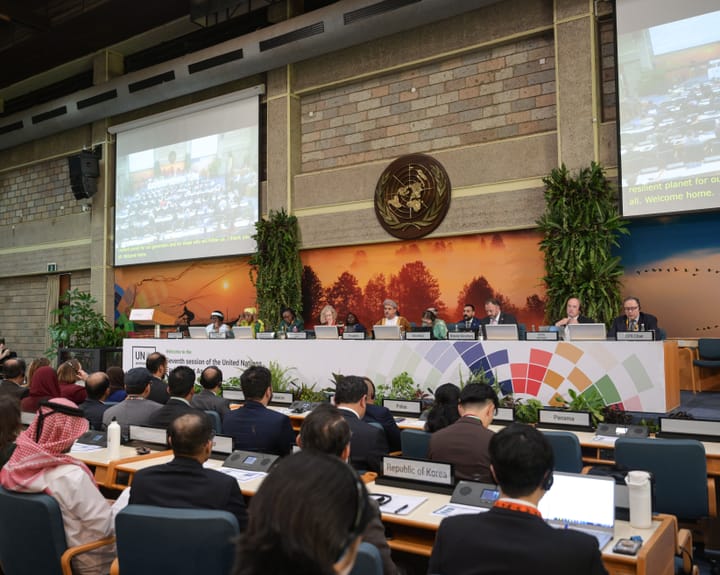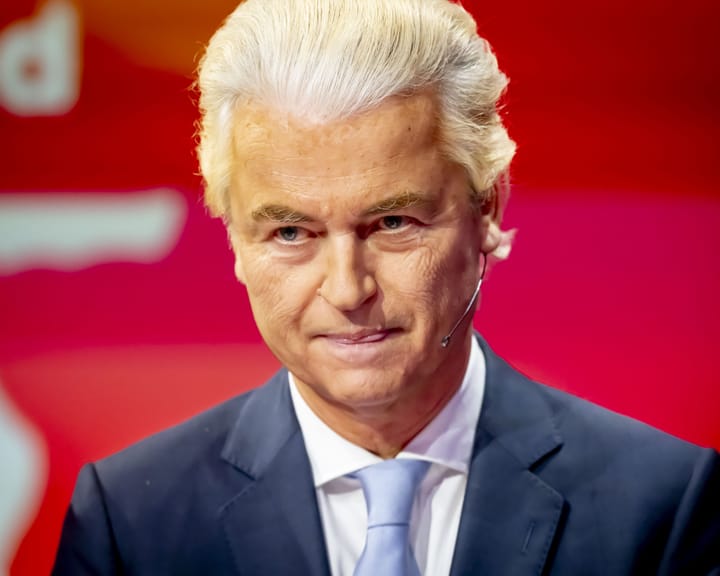The lengthy summer break has come to an end. Parliament resumed this week, if not with a surge of renewed energy, then at least with the sense that the government has returned to address what had become a growing gap in leadership.
While officials took time to recover over the summer, Nigel Farage seized the opportunity, using quiet news periods to rally protesters against housing for asylum seekers. Polls now suggest the public sees immigration—a key issue for Reform UK, as it’s one where Labour struggles to satisfy some supporters without alienating others—as the nation’s top concern, rather than economic instability. This perception was arguably reinforced when the government’s first post-recess announcement focused on restricting refugees from bringing their families into the country.
However, more encouragingly, its subsequent step was an overhaul of economic policy, signaling that Reform UK may not dominate the political agenda entirely this fall. After enlisting the former Bank of England deputy governor Minouche Shafik as an advisor, Labour leader Keir Starmer has also brought on Rachel Reeves’s ambitious deputy Darren Jones to assist with implementation. These changes precede an upcoming budget that could be Labour’s final opportunity to shift from defense to offense.
Should migrants and the officials who permit their entry be blamed for Britain’s challenges, or should the focus be on affluent elites and the leaders who allow them disproportionate influence? It’s a disheartening question for those hoping for more substantial solutions than just selecting a group to blame—and also arguably misleading, as neither is solely responsible for a nation struggling with poor productivity and the compounded effects of a financial crisis, years of austerity, Brexit, the pandemic, and ineffective governance. Yet this debate is likely to dominate the season, as the country is tugged between rising right-wing populism and an emerging left-wing movement tied to the Green leadership race and the uncertain political future of Jeremy Corbyn.
A well-supported government might navigate this divide, but an unpopular one risks losing relevance if its only response to such a polarizing question is to insist the issue is too complex. Research by the think tank Persuasion found that when forced to choose, 44% of Britons hold the wealthy accountable for national problems, compared to 38% who blame migrants—though with notable differences. (Older adults were twice as likely as young people to fault migrants, while graduates directed more frustration at elites, despite being statistically more likely to join their ranks.) Reform UK supporters were predictably anti-immigration, but even some Labour voters open to other parties leaned that way.
Read next

Africa's Warning on Solar Geoengineering Risks Gains Editorial Backing
It is appropriate that this week’s United Nations environmental discussions are happening in Nairobi, as Africa plays a central role in shaping global climate dialogue. Diplomats from the continent are addressing the complex issue of whether attempting to cool Earth by reducing sunlight exposure is a prudent approach. While

Might Narcolepsy Medication Revolutionize the World?
Breakthroughs in Sleep Science Reveal Surprising Insights
During a conversation with a pharmaceutical researcher, I learned of significant progress in sleep medications. One promising development targets narcolepsy, though its method could also address broader sleep issues like insomnia, much like how certain unexpected innovations find wider applications — akin to adhesive

"Far right still dominant in Netherlands despite Wilders' government setback"
Dutch Voters Head to the Polls Amid Political Instability
On Wednesday, Dutch citizens will cast their votes once again, marking the ninth election for the Tweede Kamer—the legislative chamber of the Netherlands’ parliament—in this still young century. In some respects, the country has come to resemble Italy in

